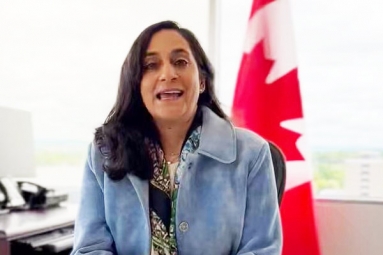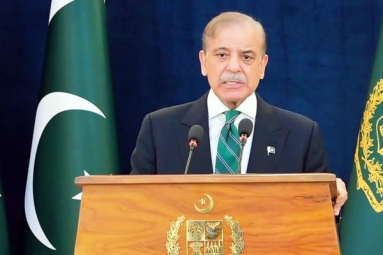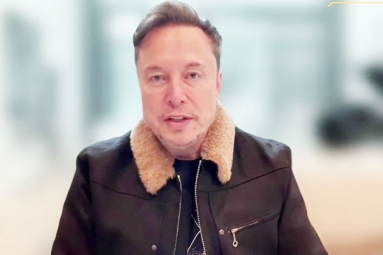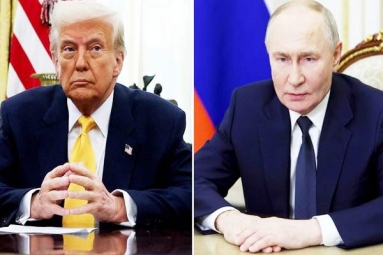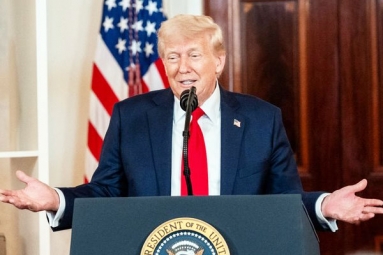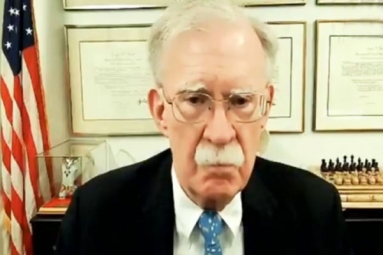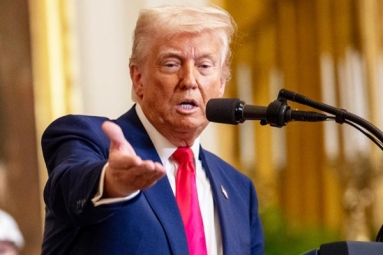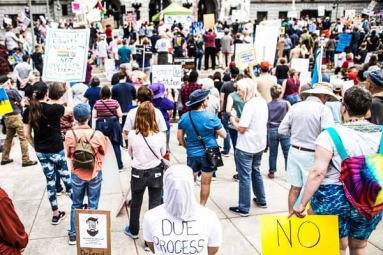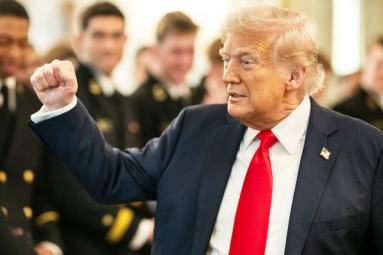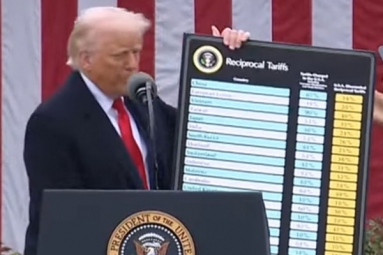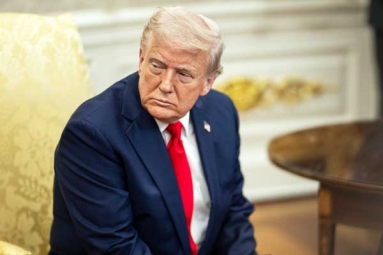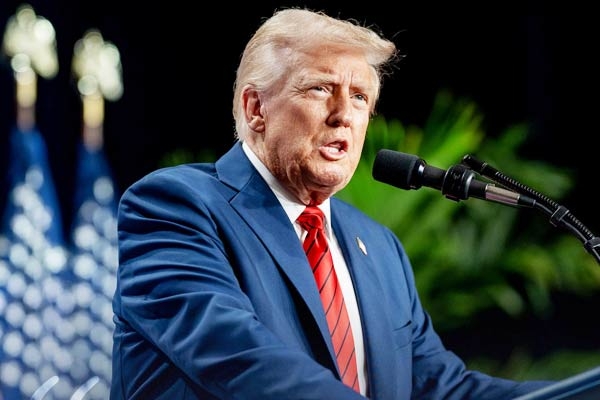
(Image source from: x.com/WhiteHouse)
On Thursday, US President Donald Trump obtained a temporary green light from an appeals court to persist with tariff collection under his emergency powers. This ruling came just a day after a different court determined that he had overstepped his authority by implementing extensive taxes on imported goods. The US Court of Appeals for the Federal Circuit announced that the tariffs established on April 2, referred to as Liberation Day tariffs, would remain in effect while the White House contests the prior court's decision. The court's order, as reported by The Independent, stated, “The request for an immediate administrative stay is granted to the extent that the judgments and the permanent injunctions entered by the Court of International Trade in these cases are temporarily stayed until further notice while this court reviews the motion papers.”
Earlier on Wednesday, a US trade court intervened to block Trump’s tariffs, declaring that the President improperly invoked his emergency authority under the 1977 International Emergency Economic Powers Act (IEEPA) to announce a national emergency and impose tariffs on imports from nearly every nation globally. The Trump administration, however, opposed the ruling and initiated steps to appeal it. This order from the trade court represented a challenge for the Trump administration, whose trade strategies have significantly influenced international markets since the Republican took office on January 20.
Trump's trade policies have faced opposition in no fewer than seven lawsuits, with the US Court of International Trade's ruling stemming from a combination of two of these cases—one filed by a collective of five small businesses and the other by twelve US states. Jeffrey Schwab, a senior counsel at the Liberty Justice Center, who represented the small businesses, commented, “The reason he chose IEEPA was that he believed he could carry this out unilaterally with minimal Congressional oversight. The court recognized this.” The trade court pointed out that the US has been experiencing trade deficits for nearly five decades, which does not qualify as a sudden or grave emergency. Compounding the challenges to Trump’s trade agenda, Judge Rudolph Contreras ruled on Thursday to block tariffs affecting two toy companies based in Illinois.
Trump’s initial tariffs under the 1977 emergency law were announced on what he termed “Liberation Day” (April 2) and included tariffs of up to 50% on nations that exported more to the US than they imported, along with a baseline tariff of 10% on most other countries. He deferred the higher tariffs for a 90-day period to facilitate negotiations but maintained the standard tariffs. India was also affected, imposing its own 26% tariffs until the pause was in effect. Currently, India and the US are engaged in discussions regarding a Bilateral Trade Agreement.



